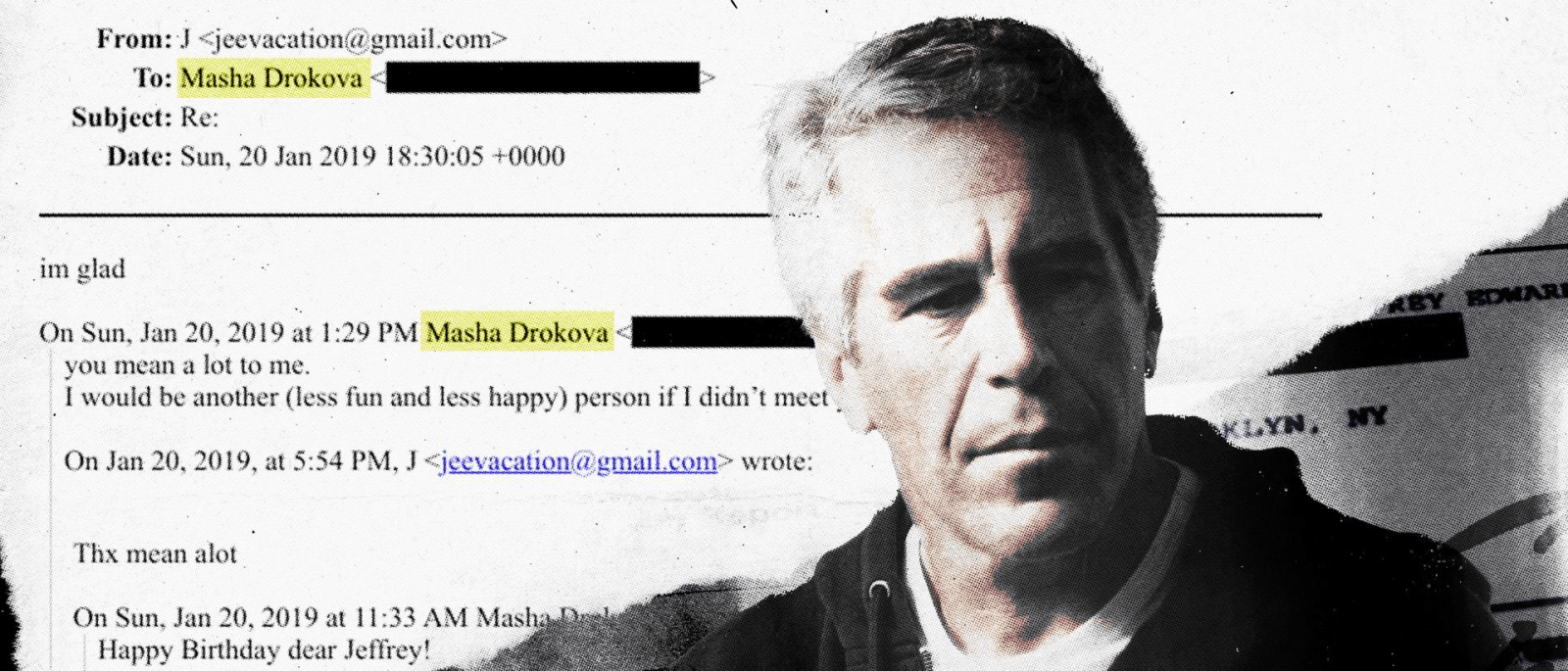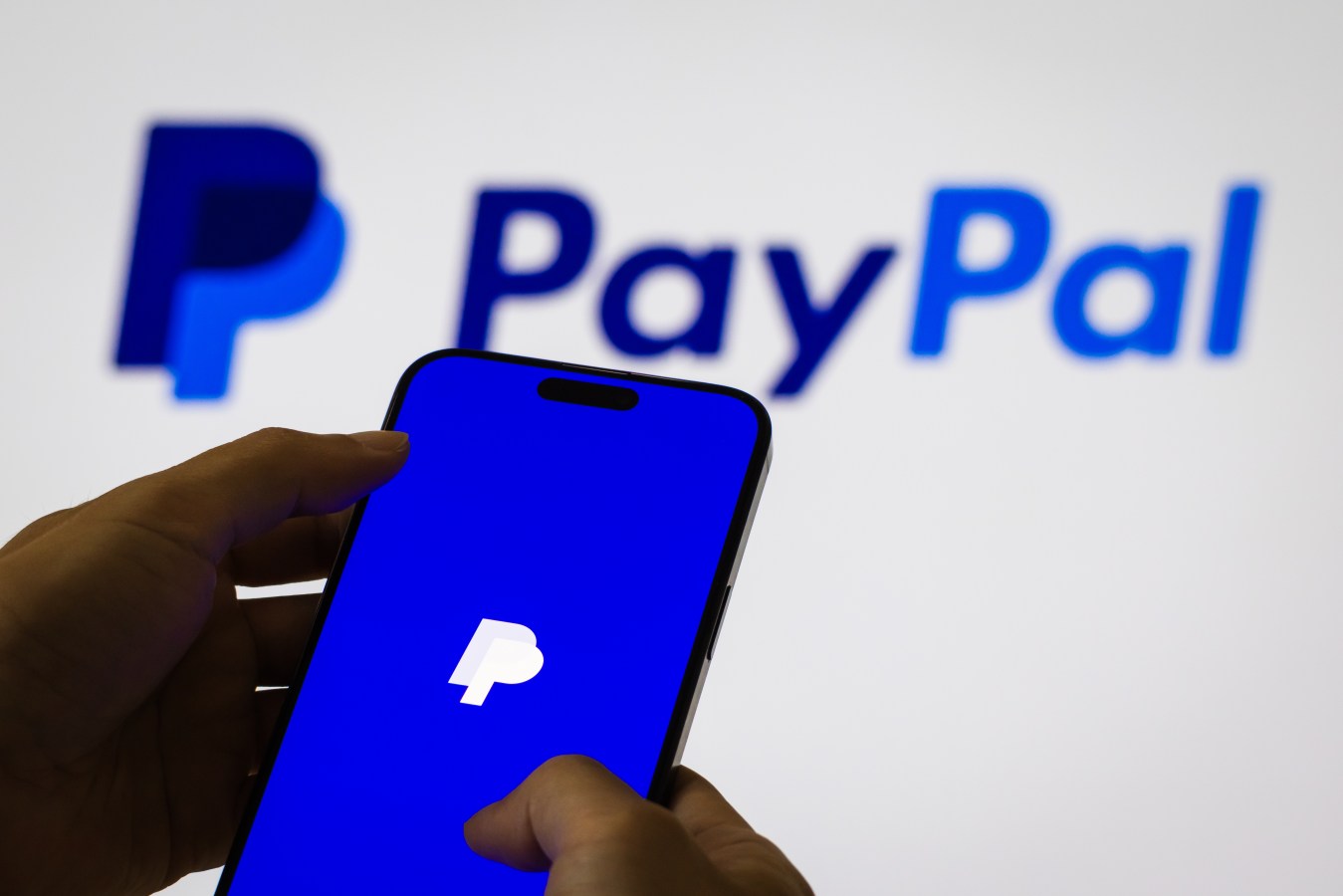The Harbour City’s startup scene is valued at $55 billion in Startup Genome’s 2025 Global Startup Ecosystem Rankings. Melbourne’s ecosystem value is a third of that at $18 billion, but has risen seven spots in the rankings in the last three years.
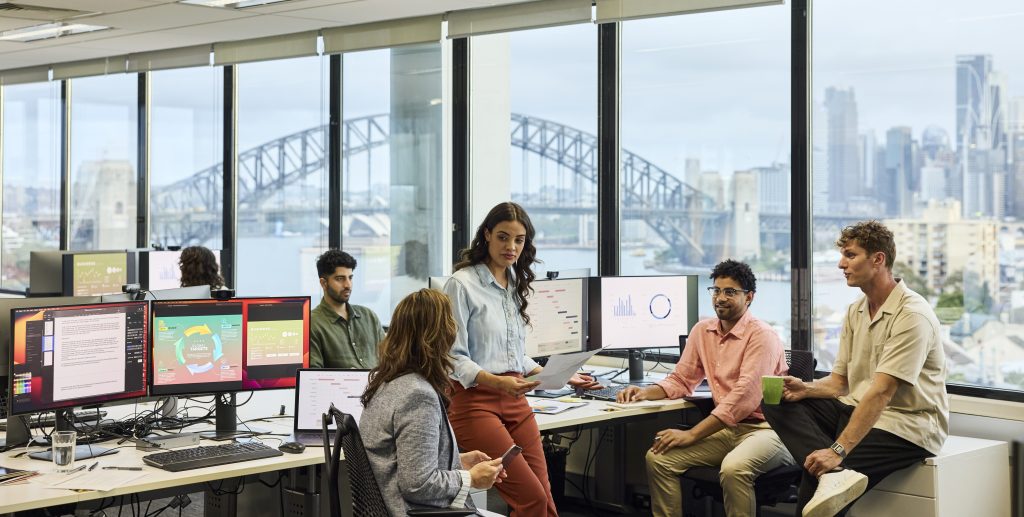
Sydney has Canva, Employment Hero, and Immutable.
Melbourne has CultureAmp, Airwallex, and Stake.
The longstanding rivalry between Australia’s two most populous cities is well-known. But, when it comes to the value of the startup ecosystem in each, the Emerald City beats the Cultural Capital by a country mile.
Startup Genome released its Global Startup Ecosystem Rankings (GSER) this week, and both Sydney and Melbourne were in the Top 40 cities for startups worldwide.
No surprise to anyone was that Silicon Valley retained its position as the ideal place to locate a startup. The Bay Area’s ‘Valley’ excels in the metric of startup performance, as well as funding, talent and experience, and ‘a measure of the degree to which an ecosystem encourages artificial intelligence (AI) startups.’
AI is playing an increasingly central role in scaling startups.
“We’re witnessing an AI multiplier effect across the global startup economy, with accelerated R&D cycles and significantly lower capital requirements to build world-class ventures,” states Verena Kuhn, head of Innovator Communities at the World Economic Forum.
Top 40
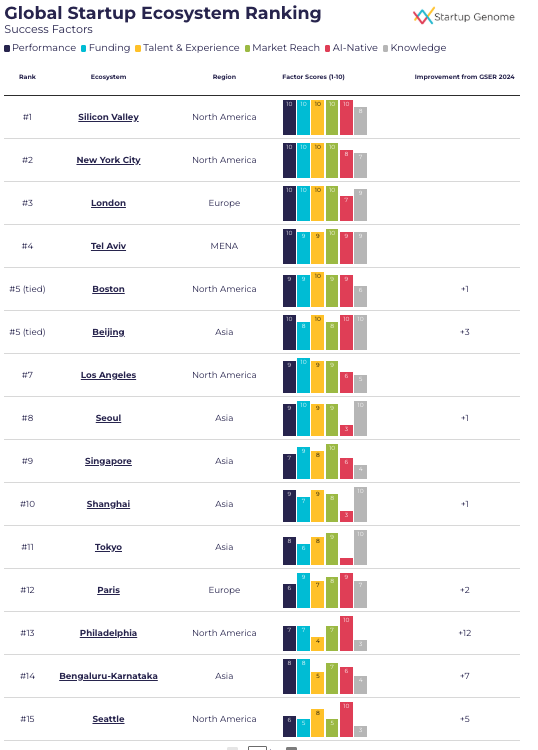
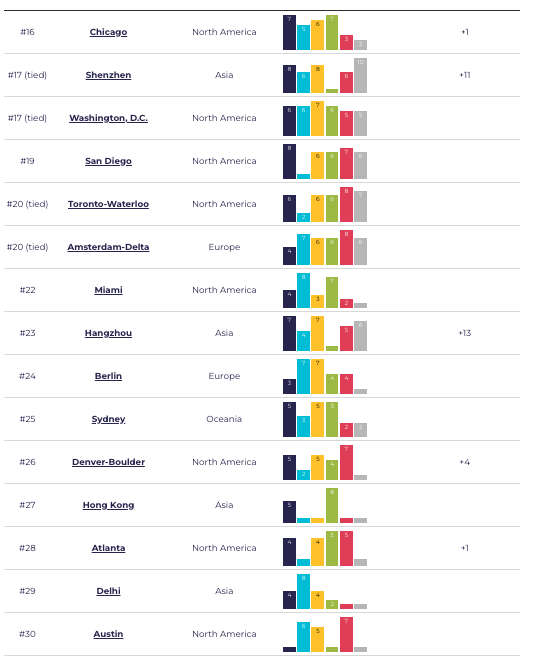
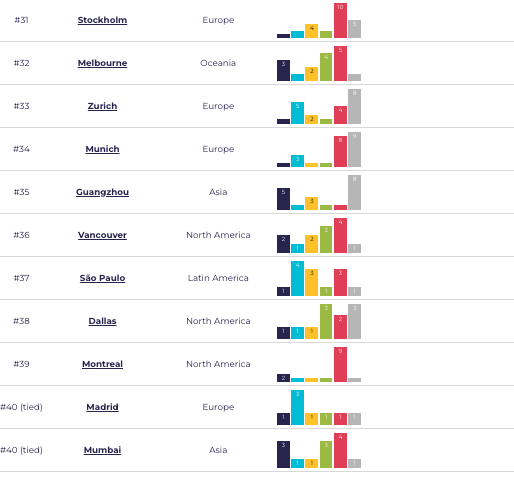
“At the same time, innovation is becoming truly global. While the LLM wave began in Silicon Valley, we’re now seeing high-quality AI applications emerge from diverse regions including France, China, Korea, and India. These rising AI hubs are not just diversifying where innovation happens, they’re reshaping the competitive landscape and setting new standards for what’s possible.”
The Startup Genome report determines a city’s Ecosystem Value and ranking by measuring economic impact, calculated from startup valuations and the value of exits.
Second on the global list is New York, followed by London, Tel Aviv. Boston and Beijing both gained on 2024 rankings, moving up 1 and 3 places respectively, to tie at 5th this year.
Melbourne has also ascended the GSER rankings in recent years.
“Melbourne’s gain of seven ranks since 2022 is a testament to its policy action and rising position as a top innovation hub in Oceania, with a well-established foundation across talent, funding, and
research,” says JF Gauthier, the founder & CEO of Startup Genome.
Dr Kate Cornick is the CEO of LaunchVic, the startup agency started by the Victorian government in 2016.
“Victoria’s startup ecosystem is experiencing sustained, measured growth,” says Dr Cornick. “Melbourne remains a leading place to launch a startup, underpinned by world-class research, education, a deep innovation network, and strong support.”
Life Sciences, Fintech and AI are the key drivers of startup growth, according to LaunchVic.
“In 2024, Melbourne saw major investments in mRNA manufacturing and digital currency policy, while AI initiatives advanced through joint ventures and accelerator programs, reinforcing the city’s position in deep tech and financial innovation,” the Startup Genome report reads.
Most Liveable Cities 2025
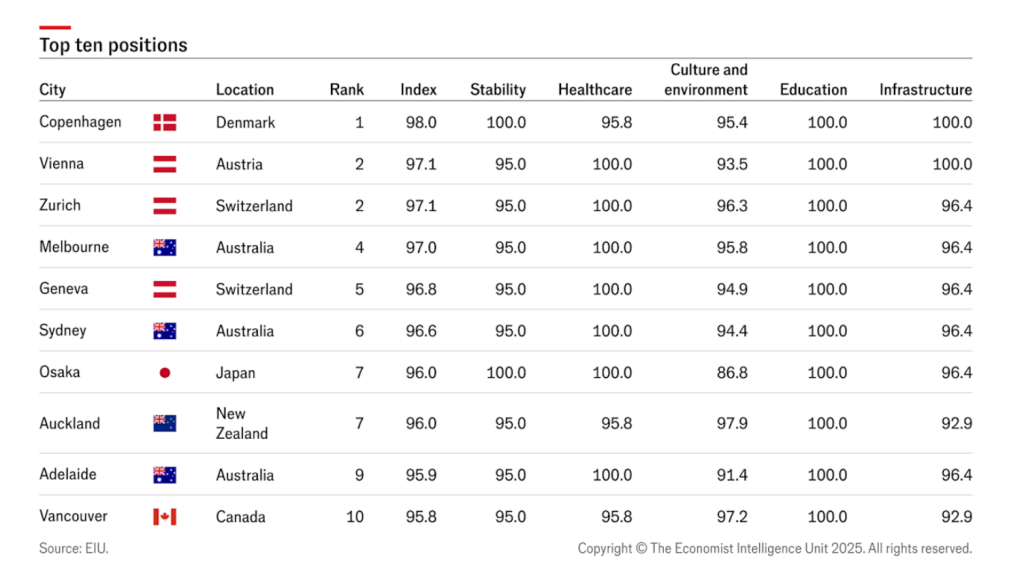
Also in Melbourne’s favour is its 2025 ranking as the fourth most liveable city in the world, according to just-released Economist Intelligence data. Naarm, the traditional name for Melbourne, held the ‘most liveable city’ top spot globally in 2015, 2016, and 2017.
While the cost of living in Melbourne is high compared to other cities, it is still less than New South Wales’ capital. Consumer prices in Sydney are 8.56% higher than in Melbourne, according to BudgetDirect data, and rent prices in Sydney are 45.04% higher than its colder, southern neighbour.
Sydney’s startup scene
Still, Sydney leads the way when it comes to the best place to locate a startup in this region of the world.
“Sydney is the leading tech innovation ecosystem in the Southern Hemisphere, home to 3,000+ tech startups capitalising on the state’s formidable research and talent,” the 2025 GSER report reads. “In 2024, NSW startups attracted 65% of Australia’s total startup funding.”

Rebecca McPhee is the Deputy Secretary of Investment for NSW.
“Sydney stands out as a thriving innovation ecosystem, consistently attracting a significant share of VC. Tech Central – the biggest innovation precinct in Australia – will ensure the right mix of infrastructure, amenity, and connection to promote NSW innovation to the world,” says McPhee.
Sydney’s Tech Central district – a 6 square kilometre area that is home to Atlassian, Block, Canva, Safety Culture and both UTS and the University of Sydney – has the ‘highest concentration of technology businesses anywhere in Australia,’ according to Investment NSW.
The Sydney Startup Hub will move into Tech Central later this year.
“Tech Central will be the home for the teams working on Australia’s next big ideas to network, learn and scale,” Atlassian co-founder and CEO Mike Cannon-Brookes stated on LinkedIn when the announcement was made that the Sydney Startup Hub would be relocated.
“We’re unleashing the full potential of this hub. It’s not just another office building. It’s going to become a vibrant part of the city that supports work, and life.”
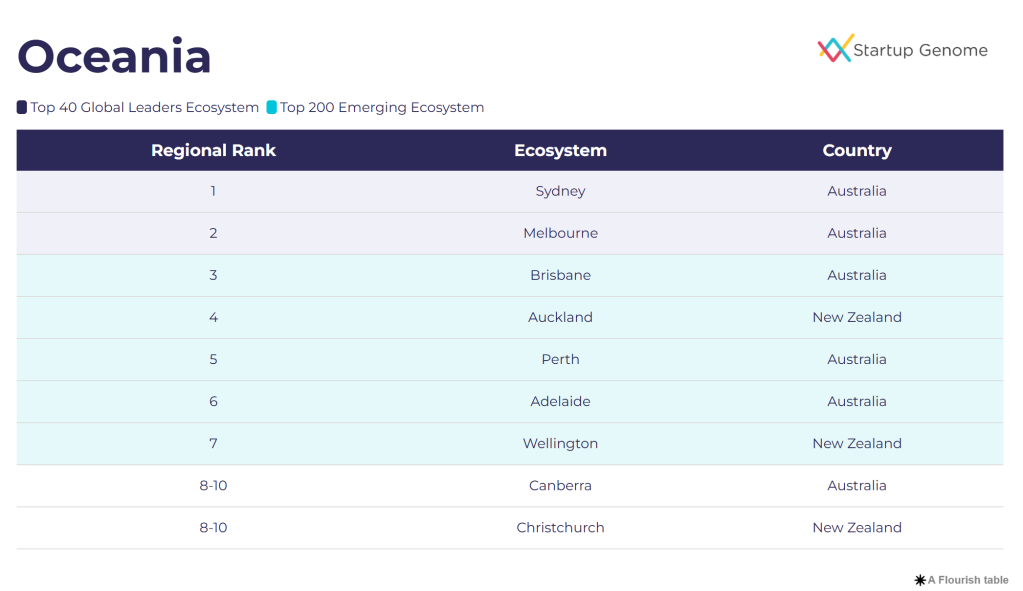
International tech companies are investing in Sydney, too.
The GSER references Microsoft’s new Data Centre Academy, Amazon Web Services’ cloud computing facility, the International Astronautical Congress that is taking place in 2025, and the SXSW Sydney festival – the first international location for the coveted tech conference.
The importance and progress of Australian innovation
Sydney and Melbourne rivalry aside, multiple thriving entrepreneurial ecosystems are good news for the nation. Brisbane ranks 3rd in the GSER Oceania list, helped by Gilmour Space Technologies, and Perth and Adelaide come in at 5th and 6th.
Nationally, there are 234 startups valued at more than $100 million, according to Airtree research released in 2024. More than half of them – 139 companies – surpassed the $100 million threshold between 2020 and 2024.
“As the Aussie tech ecosystem matures, there’s more local capital, seasoned talent and company-building experience that startups can leverage to hit milestones faster,” the Airtree report reads. “We’ve seen how these factors can help founders reach a $100m+ valuation from a standing start faster.”
Look back on the week that was with hand-picked articles from Australia and around the world. Sign up to the Forbes Australia newsletter here or become a member here.
